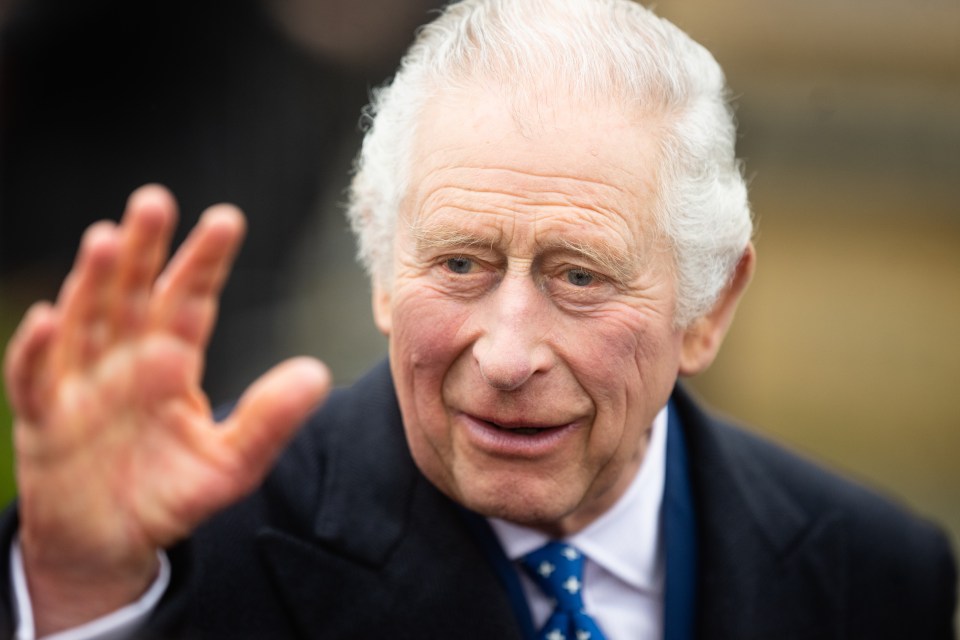Spoiler: King Charles won’t remember the corporates who wished him good luck

King Charles’s coronation is round the corner, but businesses shouldn’t feel like they must say something about it at all costs. Sometimes the best PR strategy for corporates is staying quiet, writes Simon Neville
Good news everyone! Amazon’s video doorbell company Ring is having a sale! Why, you ask? Because it’s the Coronation, and nothing says “new era, new monarch” like being able to see in high definition at a slightly reduced price exactly which bush the Amazon delivery man left your latest package.
Marketing departments will latch onto anything as an excuse to push their products. National awareness days, weeks and months have become so huge, it would not surprise me if we soon need a day of awareness to recognise all the awareness days.
But, if the Queen’s death taught us anything, it’s that corporations have at least started to realise that trying to insert themselves into the story of the royal family isn’t a necessary ingredient to business success.
The only positive contribution companies made during the immediate aftermath of her death being announced was to stay quiet.
All they needed to do was make sure customers knew if they were open or closed and that staff were being looked after properly. Lead with your actions, not by telling people about them.
Businesses that made the news during that period were for all the wrong reasons. Center Parcs was atop the pyramid with its disastrous idea to shut its sites and kick out guests.
And let’s not forget Playmobil’s tributes of plastic Queen figurines on social media, Ann Summers’ website thanking the Queen directly above its “popular categories” of sex toys, or Crossfit UK creating the “Queen Elizabeth II workout”.
This time round, companies have hopefully learned their lesson and realised holding their counsel is better than trying to jump onto the bandwagon.
It is true that newspapers will have reams and reams of pages to fill on the coronation but, from a look at the coverage so far, it has followed the far more obvious route of “what will he wear?” “how will guests arrive?” or “what food will be served?”
Peppered among the stories are the “me and my King” features or crystal ball gazing “what we can expect” pieces. But, businesses take note – no one cares what your company thinks about the Coronation unless you are actively involved.
I am sure that will not stop some marketing and PR departments from thinking “ah, but there is a great opportunity to win some easy coverage! Who wouldn’t want to read about the time King Charles visited a street near our offices!”
But companies would be wise to know when to deploy their news. Life will go on but it could mar your message later on when you actually have something sensible to say.
The itch to say something during an event like the Coronation reminds me all too well of budget days where every company feels it is imperative that they impart their wisdom of the government’s latest changes and the impact it will have on their sector.
A journalist on budget day will often wind up with close to 300 emails in the space of a few hours, with business leaders saying they “welcome” the government’s latest announcement, squeezed between potholes and useless train edicts.
Budget days should be about keeping an eye out for the small nuggets hidden away in the Red Book of data and highlighting things that may have slipped through unnoticed. It should be about making sense of something complicated rather than repeating the same line.
The same mindset should be adopted for the coronation. If your business has nothing to say beyond “we welcome the new King and hope he does well”, then don’t feel the need to broadcast it.
A hospital telling us it cured a patient immediately conjures the thought of “if that’s news, then how many people have they killed!”. It’s not necessary and just risks having the opposite effect. I’m sure the new King will have other things on his mind than whether Currys wished him good luck.